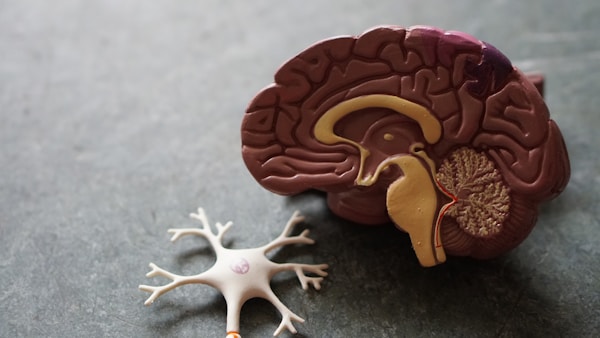As a society, we are becoming increasingly aware of Alzheimer’s disease and the devastating impact it can have on individuals and their families. Alzheimer’s disease is a progressive neurological disorder that slowly erodes an individual’s memory, thinking, and reasoning skills. It is the most common form of dementia and is the sixth leading cause of death in the United States. It is important that we are aware of the common symptoms of Alzheimer’s disease, so we can be better prepared to provide support and care for those living with the condition. If you’re in need of more information, keep reading to find out about the common symptoms of Alzheimer’s disease.
What are the common symptoms of Alzheimer’s disease?

When discussing symptoms of Alzheimer’s, you need to be aware of sundowning. Sundowning is a common symptom of Alzheimer’s and can be both distressing and confusing for those who have it and their caregivers. Sundowning is a term used to describe changes in behavior that occur in the late afternoon or evening, such as confusion, disorientation, agitation, restlessness, and aggression. It can be frustrating and upsetting for those who are affected, as well as the people who care for them. A quick search for “sundowning Alzheimer’s” can teach you more.
Other symptoms of Alzheimer’s disease include difficulty with language, impaired judgment, changes in personality, difficulty carrying out familiar tasks like getting dressed or preparing meals, hallucinations as well as changes in sleep patterns. As the disease progresses further cognitive abilities such as recognizing family members or understanding simple instructions become increasingly difficult. Memory loss is often one of the earliest signs, which occurs when individuals begin to have trouble remembering names or recent events.
There is no single test to diagnose Alzheimer’s disease. Doctors typically use a combination of tests and procedures to make a diagnosis, including medical history, a physical exam, lab tests, and brain imaging. In order to rule out other possible causes of symptoms, doctors may also conduct tests to assess a person’s cognitive function.
How can you support a loved one who has been diagnosed with Alzheimer’s?

Now that you know about some of the common symptoms of Alzheimer’s disease, let’s discuss some things you can do to support a loved one who has been diagnosed with the condition. For example, you may want to invest in home modifications for accessibility in their home. This can include adding grab rails in the bathroom or widening doorways to accommodate wheelchairs. Even small changes, such as replacing doorknobs with lever handles, can make a big difference in allowing an Alzheimer’s patient to be more independent.
Socialization is necessary for Alzheimer’s patients as well. The truth is that for many Alzheimer’s patients, meaningful social activities can help maintain cognitive skills, improve mood, and create positive memories. These activities can also let family caregivers take care of their loved ones by providing opportunities for physical, mental, and emotional stimulation on a regular basis. Research had shown that for those with Alzheimer’s, socialization can reduce the risk of depression and provide an opportunity for meaningful interaction.
As you can see, the early recognition of common symptoms of Alzheimer’s disease is crucial in order to receive the required treatment and care. Awareness of the signs of Alzheimer’s can enable people to get the medical attention they need in a timely manner, and can potentially improve their quality of life. Some other things you should consider if you know someone diagnosed with Alzheimer’s include investing in home modifications to improve accessibility and making time to socialize with them. By following these tips, you can know that you’re taking the best possible care of your loved one.






